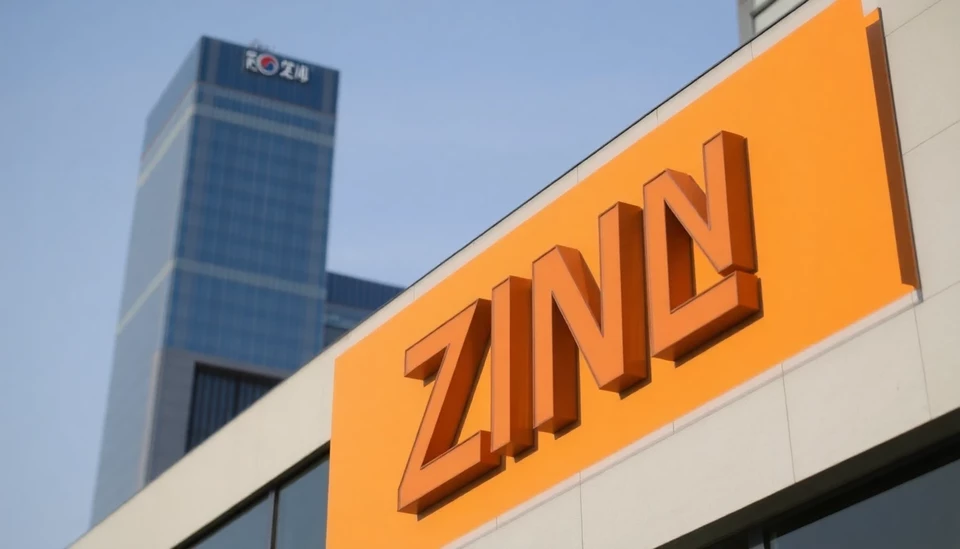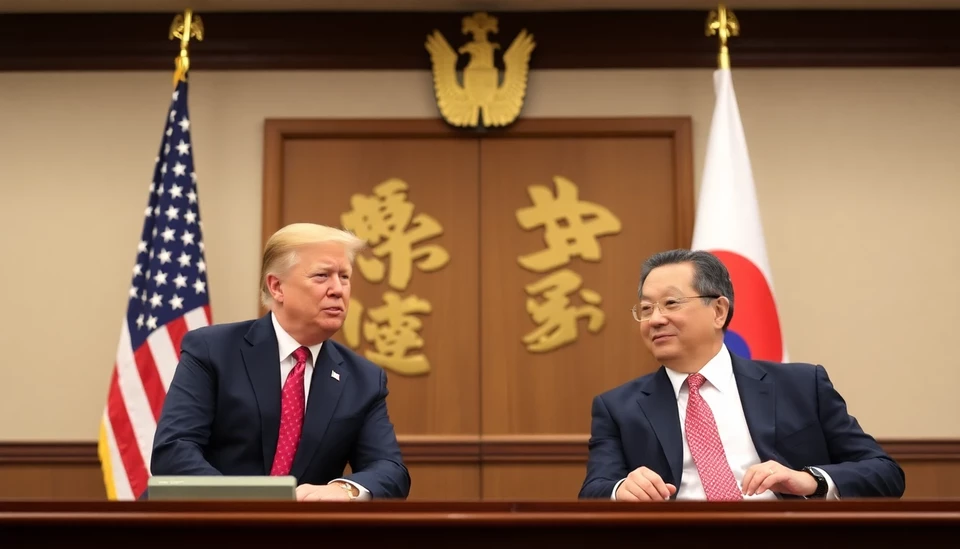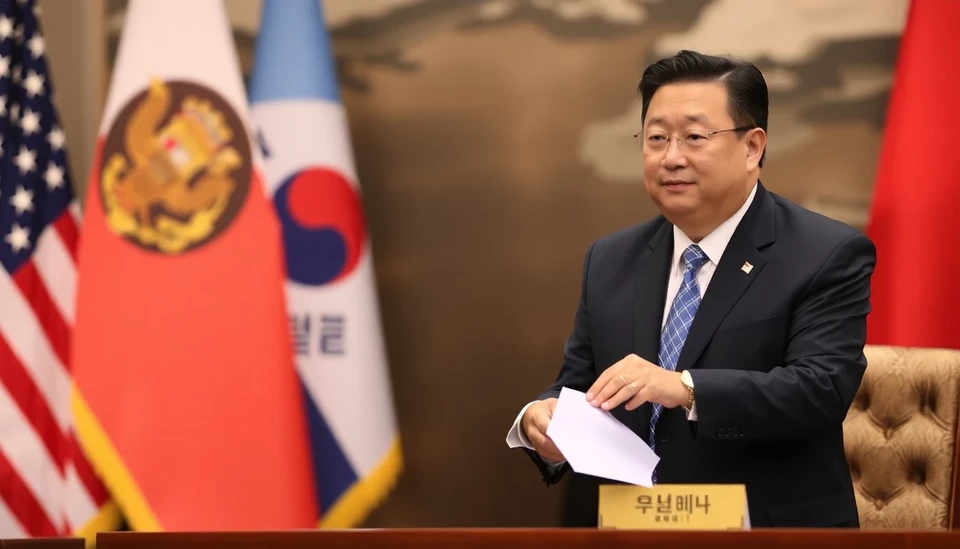
South Korea is currently witnessing significant developments in its real estate market, as government officials assert positive progress in cooling housing prices ahead of an important meeting by the Bank of Korea (BOK). The meeting is anticipated to address monetary policy at a moment when the housing market dynamics are changing rapidly due to various economic pressures.
Recent statistics showcase a notable decline in housing prices, which have seen a downturn for several consecutive months. These figures are being presented as justification for the government’s and BOK's upcoming discussions regarding potential adjustments in interest rates. The steady increase in home prices observed earlier this year is seemingly reversing, as buyers become more cautious, and sellers adjust their expectations accordingly.
As authorities highlight this positive trend, they argue that the brisk modifications in the real estate sector could alleviate inflationary pressures that have burdened South Korea's economy over the last year. The government has implemented specific measures to stabilize the housing market, including loosening loan requirements and enhancing regulatory oversight, which are believed to be contributing factors to the recent cooling.
In addition to addressing loan regulations, the government has also facilitated development projects aimed at increasing housing supply. These developments are crucial as they target the demands of a changing population landscape, including a rising number of young people seeking affordable housing options.
Market analysts are closely watching the BOK's upcoming meeting, which is set against the backdrop of these positive signs in the real estate sector. There is speculation about whether the Bank will adjust interest rates further, especially given the possible disconnect between the improving housing market and overall inflation trends.
The results of the meeting could have significant implications for home buyers, investors, and the broader South Korean economy. If the BOK decides to maintain or lower interest rates, it might stimulate more active participation in the housing market, with potential effects on property values. Conversely, any moves to raise rates could signify caution toward economic overheating and seek to curb excessive borrowing.
In the midst of these discussions, the government's proactive approach is being praised by some as a necessary move to sustain a balanced economic environment. However, experts caution that the road to stability is fraught with challenges, particularly if global economic conditions shift unexpectedly or if domestic demand remains tepid.
Overall, the upcoming BOK meeting promises to be a pivotal moment for South Korea's economic future, particularly in terms of its vital real estate sector. Stakeholders will be eagerly awaiting signals from policymakers regarding the trajectory of interest rates and what it could mean for the housing market and the economy at large.
#SouthKorea #RealEstate #BankOfKorea #InterestRates #HousingMarket #EconomicPolicy
Author: Daniel Foster




